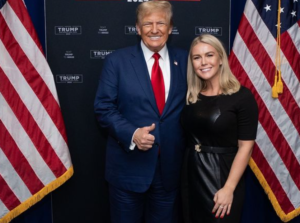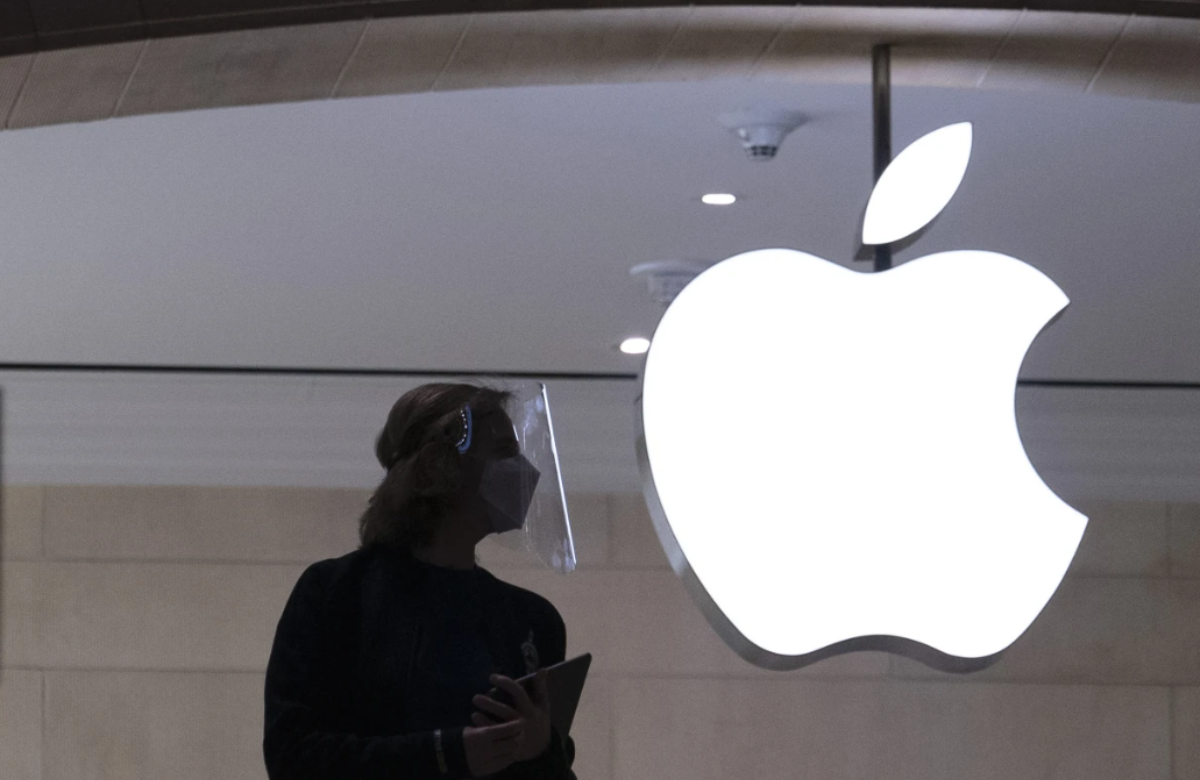President Donald Trump is significantly downsizing the Consumer Financial Protection Bureau (CFPB), an agency created in the aftermath of the Great Recession to shield Americans from financial fraud, abuse, and deceptive business practices. The plan, which has sparked backlash and legal challenges, represents a major transformation of the agency’s role and size.
According to an administration source speaking on condition of anonymity, approximately 1,500 positions are set to be eliminated—leaving only around 200 employees at the CFPB. This sweeping reduction is being challenged by the National Treasury Employees Union, which argues the cuts violate legal protections for workers and could severely weaken the agency’s ability to fulfill its mission.
Layoff notices began arriving Thursday, with affected employees losing access to their systems, including email, by Friday evening. The termination notices cited “reduction-in-force (RIF) procedures” and informed recipients that their positions were being eliminated.
Earlier, a federal judge had temporarily blocked the layoffs, criticizing what she called a “hurried effort to dismantle and disable the agency.” But a court of appeals ruled on Friday that notices could be issued to employees deemed “unnecessary” after a detailed review of their roles.
The union pushed back, saying there’s no realistic way the administration conducted such specific evaluations of all staff in just a few days. “Slashing 90 percent of the staff in 24 hours without preparation is bound to disrupt the agency’s legal obligations,” the union argued in court.
Mark Paoletta, the CFPB’s chief legal officer, outlined a new, narrower mission for the agency in a message to staff. He said the bureau would focus on “tangible harms to consumers” and reduce efforts in areas that states could handle independently. Mortgage-related issues will now take priority, while topics like medical debt, student loans, and digital payment services will receive reduced attention.
This shift could benefit Elon Musk, whose company X is seeking to expand into financial services. In January, Musk announced a partnership with Visa to support peer-to-peer payments on his social media platform. With CFPB oversight in that area scaled back, his plans may face fewer regulatory hurdles.
Senator Elizabeth Warren, who played a major role in establishing the CFPB in 2010, condemned the move. She said Trump is stripping the agency of its ability to protect Americans from exploitation by powerful financial institutions. “This is yet another attack on consumers and our democracy,” Warren stated, vowing to fight the changes.
Since its inception, the CFPB has reportedly secured close to $20 billion in relief for U.S. consumers, including canceled debts, direct compensation, and loan reductions. The current changes mark a stark departure from its founding goals and mission.













